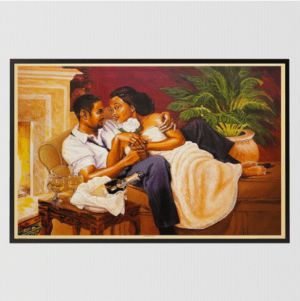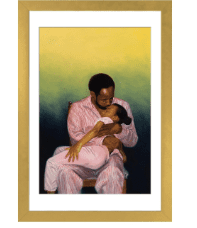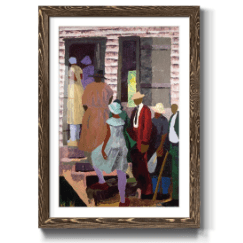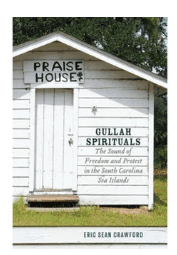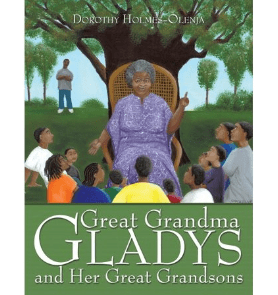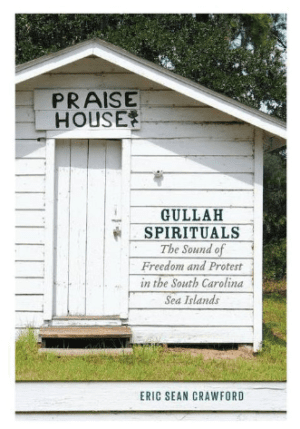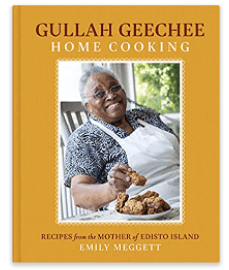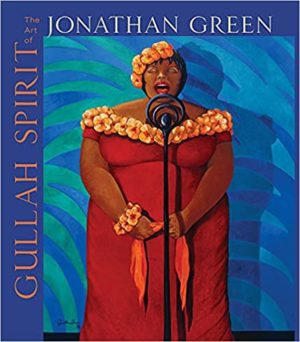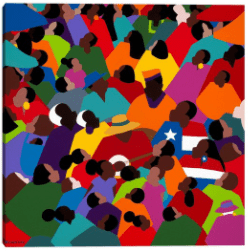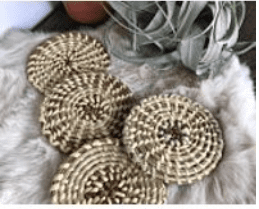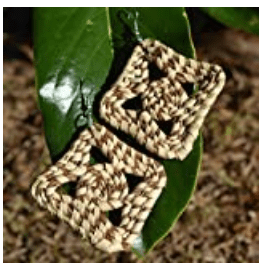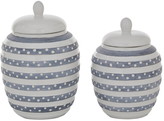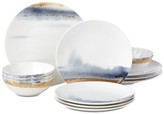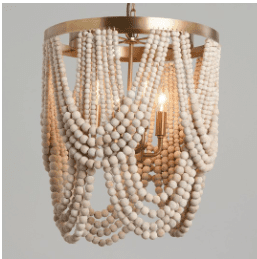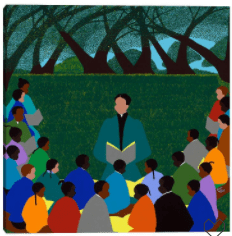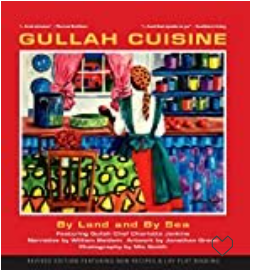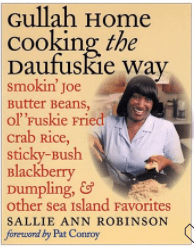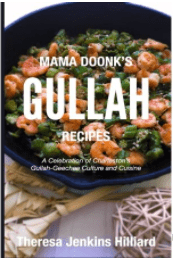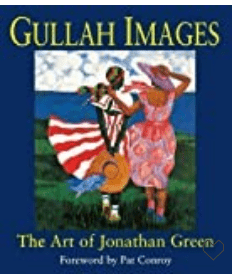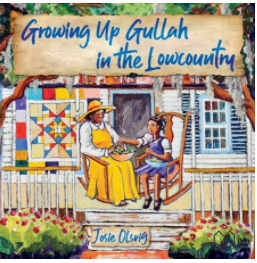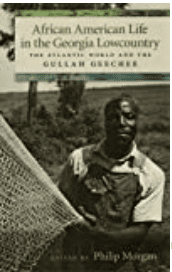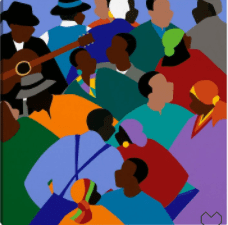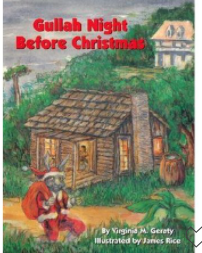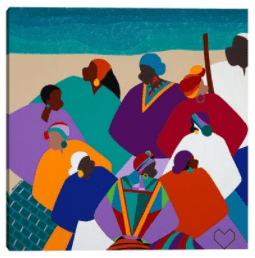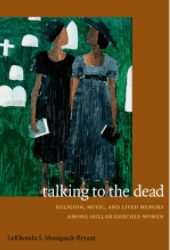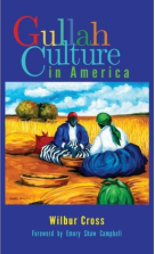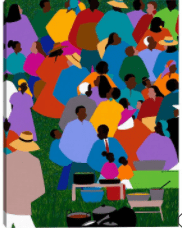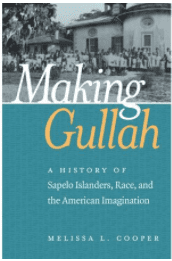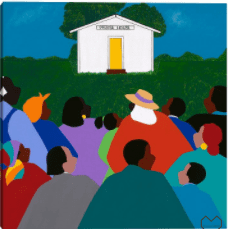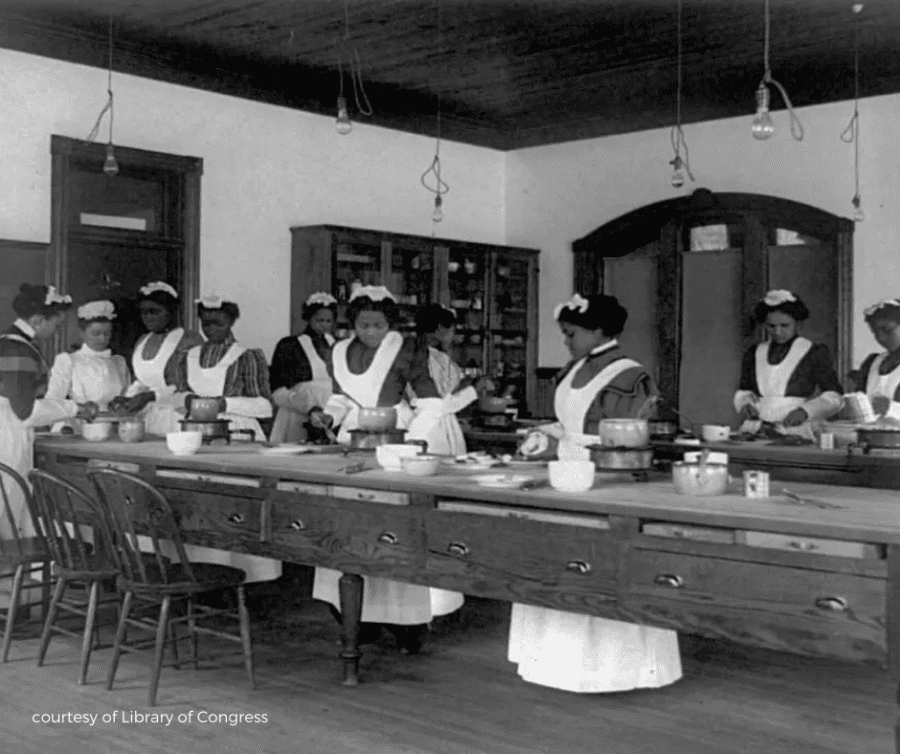
Scholar and author Psyche Williams-Forson wrote the foreword to the anniversary edition of Vertamae Smart-Grosvenor’s Vibration Cooking. As Williams-Forson sings the praises of the late culinary historian and her seminal work, she also notes, “Society perpetually ignores the stories told by and about black women, resulting in a continuous need for projects of reclamation.” She continues her foreword with another important point. Black women’s cultural and culinary work is still in recovery. Every day is a day of discovery and the unearthing of the history of Black women with and in food.
Each day brings about opportunities to read, watch and listen to Black women talk about our unique contributions and experiences. Like Vertamae did when she shared that she didn’t use measuring cups or spoons, she added ingredients by vibration. Our grannies probably wouldn’t use the word “vibration” to describe measuring by feeling or spirit, but that’s what they did and it took this one Black woman to say out loud what we thought everyone knew.
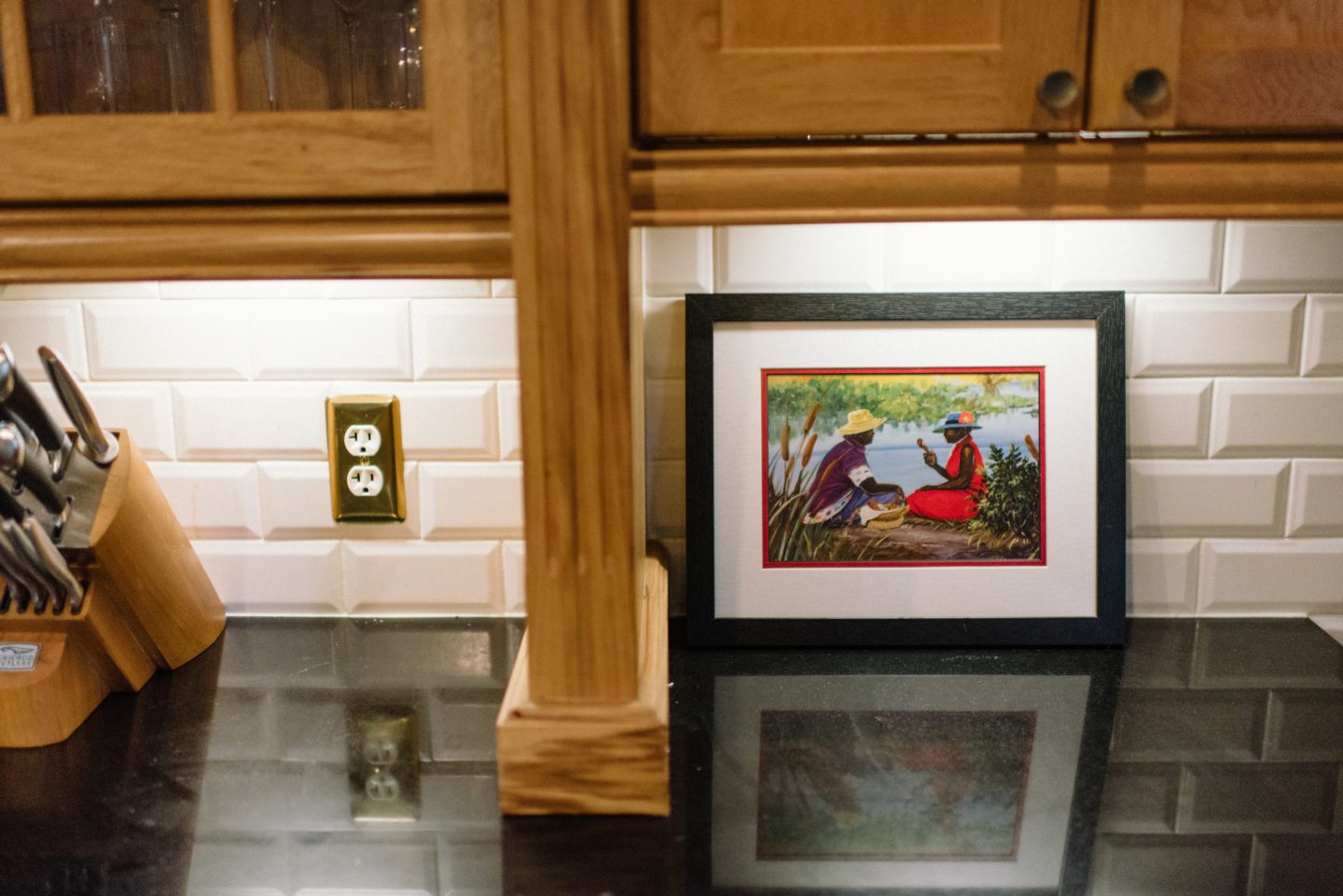
Watching women like Dr. Leni Sorensen as she discussed the origin of mac-n-cheese in “High on the Hog” (Our Founding Chefs) was magical. She is a Black woman – a food scholar – sharing the historical truth about a dish many Black women will boast about cooking. However, there’s another thing about Dr. Leni we need to know: She is a voice for the voiceless Black women who were enslaved (some free) and developing recipes we now call “American.”
Though everyone will not see Dr. Sorensen, they may catch Kardea Brown on the Food Network offering up her Aunty’s Mac and Cheese recipe. Or they will hear conversations between Black Southern Belle’s Michiel Perry and the fabulous Gullah women culinarians who appeared on her digital series The Juneteenth Menu.
There are the Black women who belong to Black women-led groups like the Black Southern Belle, black girl cooking, Vegan Soul Food, and Edible Gardening By Black Girls With Gardens on Facebook, where they share personal traditions and the recipes they prepare.
Consider the Black Southern Belles like Chef Hardette Harris who is a heritage-keeper, counting the influence of the women in her family and region (Northern Louisiana) as important to keeping cultural and culinary traditions alive. Other chef heritage-keepers with Southern roots discuss their personal inspirations or celebrating holidays like Juneteenth and New Year’s Eve with food.
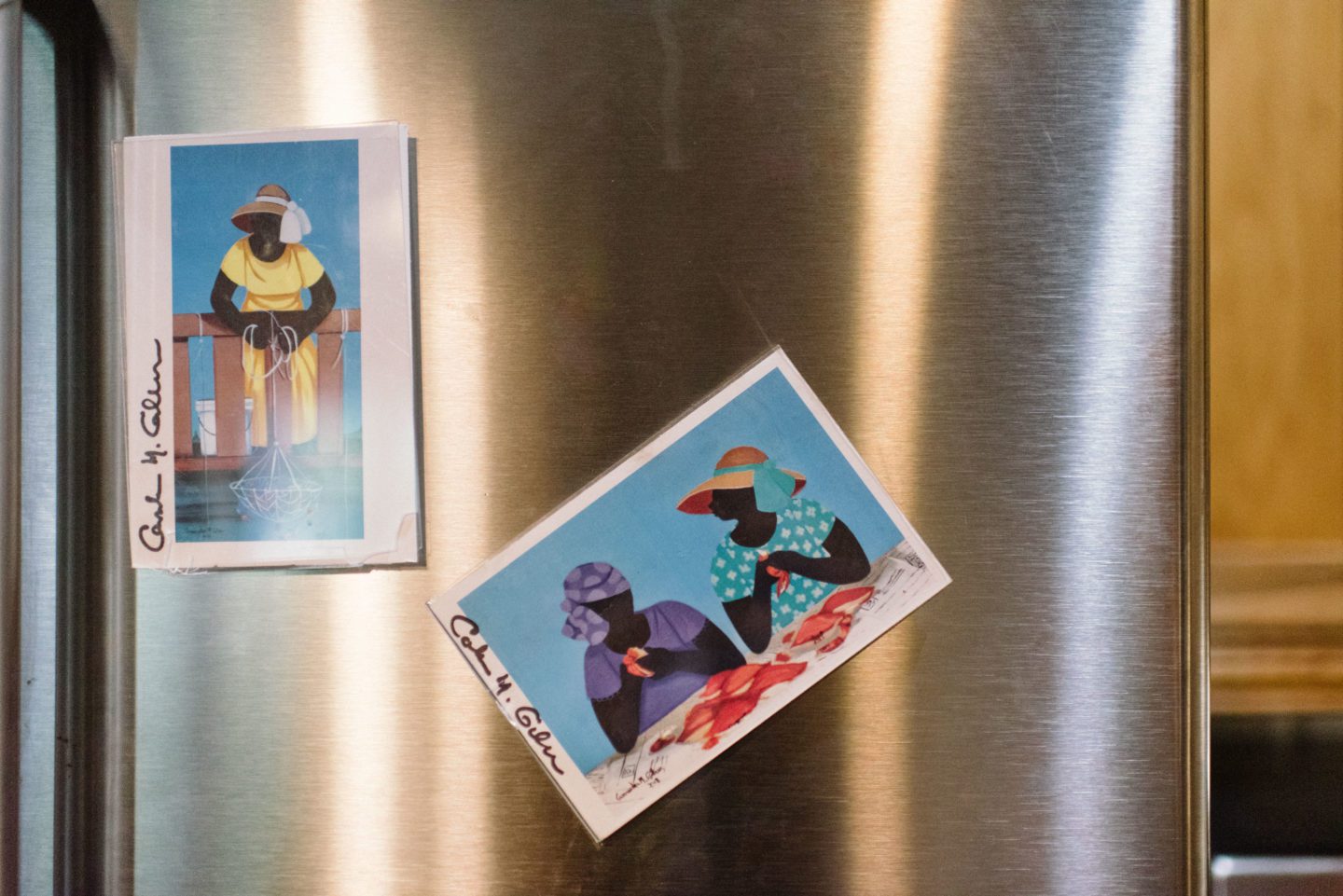
Black culture, especially Black food culture is experiencing a renaissance that at-once markets to Black women yet often ignores the myriad ways in which we contribute to an overall history straight from our kitchens and the kitchens of our foremothers. We can’t count on others to get that history or celebrate us right, but we can continue to support and lift up the voices of Black women – the home cooks, the historians and scholars, the cookbook authors, the heritage-keepers, the teachers…the writers – in culinary conversations. We’re everywhere and we all share a humble beginning: the kitchen. And to paraphrase Dr. Williams-Forson, there’s no reason to ask where we are or ignore our power and influence, we’ve been here all along.
4